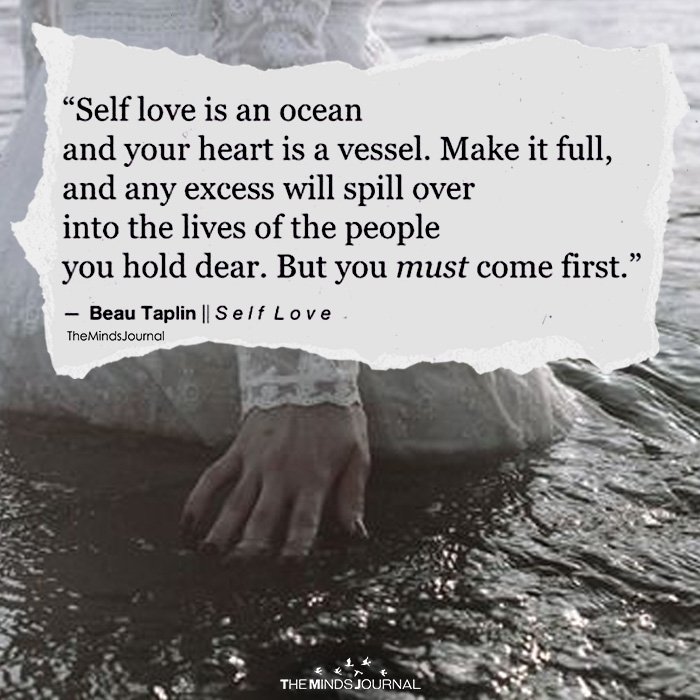“Practice self compassion. Talk to and be your own best, kind, compassionate, and caring friend.” – Kristin Neff
Key Points
- The more compassionate we are with ourselves, the more confident we will become.
- The more harshly we judge our actions, the more harshly we will judge others.
- If we’re compassionate, we can objectively look at our missteps as lessons and learn to recover from them.
Compassion is not intuitive, and it’s an exceedingly difficult skill to learn. At face value, it may appear to be easy to express, but most people come across as more judgmental and righteous than they realize.
In an online study conducted by Harvard University Graduate School (published December 2021), researchers found that Americans value caring—but they don’t appear to have substantial concern for people who differ from them in terms of race, ethnicity, or religion, and many struggle to extend compassion to those they believe have made mistakes.
Prejudgement interferes with our ability to be compassionate. Many families pass on critical narratives about “right” and “wrong” as well as “good” and “bad.” These ideas make us look harshly at our mistakes. But we’re humans, not robots, and mistakes inevitably happen.
If we’re compassionate, we can look upon our missteps as lessons that we can learn and recover from instead of feeling shame and regret.
Related: Be More Compassionate Towards Myself: 5 Ways
Compassion Starts With You
The more harshly you judge your own actions, the more harshly you will judge others. And the less compassion you show yourself following certain actions, the less compassion you will show others for similar actions. Humans respond better to encouragement, which reduces anxiety. Anxiety interferes with our ability to be effective, doubling down on our inherent feelings of self-doubt.
The more compassionate you are with yourself, the more confident you will become. Here are four tips that can help you be more compassionate towards yourself.

4 Tips That Will Help You Practice Self Compassion
1. Talk to yourself as you would a child.
Notice when you’re talking to yourself in a critical tone, using statements such as “You’re so stupid” or “Why are you so dumb?”
Ask yourself if you would want to talk to your 5-year-old self like that. Ask yourself if your 5-year-old self would have felt encouraged or defeated if spoken to in that way. Consider whether there’s a kinder way you could speak to yourself. Then try that.
2. Use “You” versus “I” statements.
Write a line on a piece of paper in the middle. On one side, write critical “You” statements as if someone else is saying them (e.g., “You’re lazy” or “You’re messy”). On the right side, write compassionate “I” statements.
For example, “I’m not lazy. I give myself permission to relax sometimes to refuel my battery.” Or, you may say, “I may not be the neatest person, but there’s a difference between messy and unclean, and I’m not unclean.”
Related: Ways To Practice Self Compassion: 6 Life Changing Steps To Practice Mindful Self Compassion
3. Be your best coach.
Being your best coach means talking to yourself in an encouraging and supportive way, akin to how compassionate coaches communicate with their players. That doesn’t mean in a Pollyannaish way. Not being negative doesn’t mean trading that for being overly positive. It just means challenging yourself to balance your thinking.
When you use critical inner monologues, you’re being a poor life coach. These thoughts are not an accurate gauge of how you would do without them. They try to persuade you it’s impossible to “stay on track” without them. However, you don’t need them. Talking to yourself compassionately will help you realize you can be the best version of yourself without a zealous coach berating you.

4. Be a good friend to yourself.
When a friend or family member is going through a challenging time or has gone down a path that didn’t work out the way they expected, how would you talk to them? I recommend you think about the tone you use when you’re talking to your friends and family.
Employ the same spirit, support, encouragement, kindness, and generosity in how you communicate with yourself. They will appreciate noticing that you’re speaking kindly to yourself, and you’ll feel better about yourself as well.
Related: How To Practice Self Compassion: 5 Ways You Can Practice Self Compassion And Be Kind To Yourself
Life is full of speed bumps. How we respond to ourselves when we hit them has a lot to do with how much self-confidence, self-efficacy, sense of self-worth, and inherent lovability we have to face our next challenge. Being compassionate toward ourselves reinforces these qualities, which can move us closer to becoming sustainably satisfied.
Want to know more about why is self compassion important? Check this video our below!
The print version of Dr. Jennifer Guttman’s debut as an author, Beyond Happiness, The 6 Secrets Of Lifetime Satisfaction will be published by Post Hill Press on May 30, 2023. Pre-order link http://posthill.to/1637587945. You can also pre-order her book at Barnes & Noble – https://www.barnesandnoble.com/w/beyond-happiness-jennifer-guttman-psyd/1142978001
References:
Richard Weissbourd, Milena Batanova, Eric Torres, Joseph McIntyre, and Sawsan Eskander, December 8, 2021, "Do Americans Really Care For Each Other? What Unites Us—And What Divides Us?" Making Caring Common Project, Harvard Graduate School of Education
Written By Jennifer Guttman Psy.D. Originally Appeared On Psychology Today










Leave a Reply